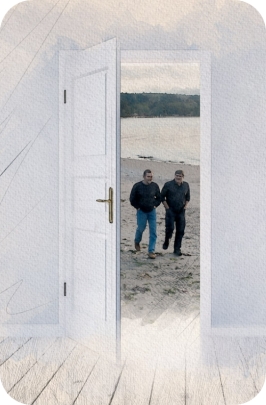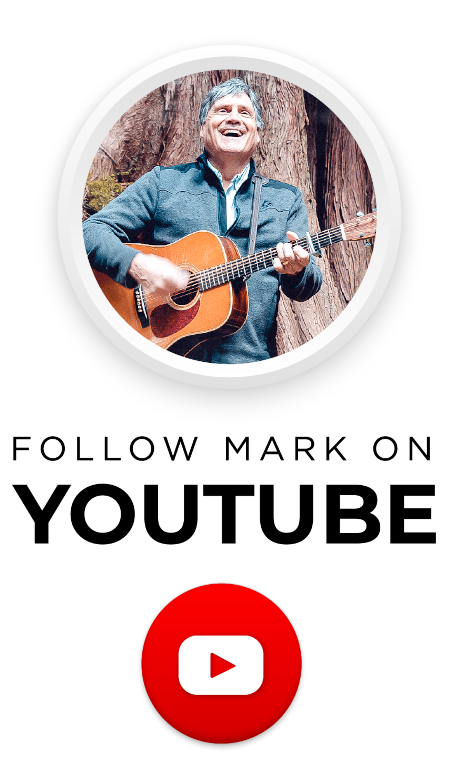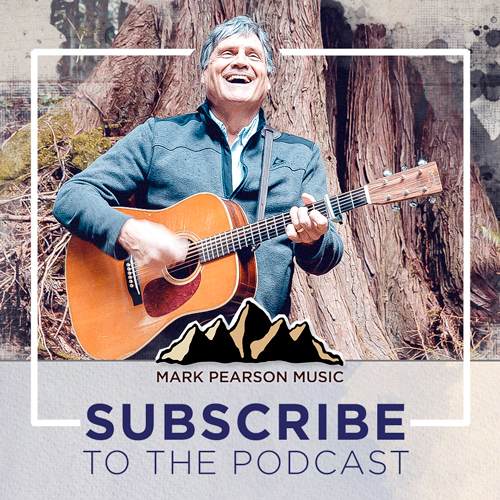How Do You Define Success
Take a look at the video that’s inspired this post
Definition of success: the difference between winning and success
When Bob Dylan’s brother, David Zimmerman, was my manager in the mid 70’s, he challenged me to write a song about how I would define success. As I wrote down ideas for the song, I thought about the meaning of success. About the nature of success.
At that time, John Wooden was winning basketball championships like no other. He defined success as “peace of mind attained only through self-satisfaction in knowing you made the effort to do the best of which you’re capable.” When I took that idea and added the one about getting up one more time than we fall down, I soon had the chorus of the song.
There’s not too much between the Winners and the Losers
It’s a fine line between the beggars and the choosers
It’s not far from being born to dying
It’s a long way from anywhere once you give up trying
Road to success: sharing the song with the world
When Winners and Losers was finished, I felt it mirrored what I believe and how I define success in the ongoing journey as songwriter and a singer.
Still, one of my long-term goals was to introduce that song to a larger audience. The chance came when my lifelong friend, Mike McCoy, and I made it the closing song on our Between Friends album.
And if you want to listen to that very album, simply go here.
Using Dear Partner to introduce Mike McCoy
While I feel my vision of success was articulated and shared in Winners and Losers, my understanding of success would be tested on a completely different level with the song Dear Partner.
Dear Partner was a successful song for McCoy and me. In many of our concerts I would go out first and sing a few songs. Then, I would start singing Dear Partner and McCoy would walk from the wings as I was doing that and join me at the start of the first chorus. The audience loved it.
Here’s a link to the recording of the first time McCoy and I sang Dear Partner in a concert.
A step in my career journey: “Johnny Cash wants to record your song…”
At the time I wrote Dear Partner, I was working with a publisher in Nashville named Charlie Bragg. I was regularly sending songs to him. Charlie had produced a number of Johnny Cash albums and shortly after I sent him Dear Partner, he told me Johnny Cash heard it and wanted to record it as well as make it the song that would bring his wife, June Carter Cash, onto the stage!
You might say my outlook on success, certainly professional success, was being broadened. That was until the news came soon after that Johnny Cash had stopped recording and checked himself into the Betty Ford rehab center. Sadly, when he did return to the recording studio, he did not take Dear Partner with him.
Johnny Cash and my mother
There are different versions of success. I was certainly disappointed, though I could consider it a meaningful success that Johnny Cash had heard the song and at one time wanted to record it.
At the same time, my mom, living in Spokane, was having none of it. A promise was a promise and, doggone it, Johnny Cash was going to record her son’s song!
And she did her part to make it happen. The night Johnny Cash sang at the Opera House in Spokane, my mom brought a letter along with a tape of Dear Partner to give to Johnny Cash.
The manager of the Opera House, who was a friend, let her put her letter and tape on his desk—along with dozens of others who brought tapes with songs they considered “perfect” for Johnny Cash to record.
When we talked the next day, my mom was disappointed but with a bit more of a sober view of her dream life for her son and his career. We were both laughing at the end of our conversation. Yes, it was still a good song. No, the story didn’t end like we’d hoped.
But the story wasn’t over yet…
A few weeks later I called my publisher to see how he liked a new batch I’d just sent him. He told me because he was superstitious he didn’t want to say much but…
…Earlier that day he had gotten a call from Johnny Cash who was going into the studio with Willie Nelson to record some songs for a new album they were working on with Kris Kristofferson and Waylon Jennings.
Cash asked Charlie if he still had the rights to that song, Dear Partner. Charlie told me he’d raced over that morning with Dear Partner and some other songs I’d written. When he gave Cash the tape he told him to listen to the other songs as well because I was a good song writer.
Cash’s response was, “I know. When I was in Spokane his mother gave me a tape.”
The True Success of Dear Partner
Charlie said he never did find out whether Johnny and Willie recorded Dear Partner that day. It certainly didn’t become one of the songs on the first Highwaymen album.
If it had, that would have been a major combination of winning and success. For me, a big financial success with an impact on careers. So, the honest answer to a difficult question is it was hugely disappointing that Johnny Cash didn’t record Dear Partner.
And yet in so many ways that song remains a wonderful example of a version of success.
There are lots of interpretations of success. That song still remains the perfect way to bring McCoy onto the stage. The song reminds me of a time when a publisher in Nashville had complete faith in me and my songwriting. More importantly, it’s an illustration of my mom’s faith in me. For years I would remind her of how Johnny Cash used to talk about her “behind her back.”
Legendary Nashville songwriter, Harlan Howard, described a good song as “three chords and the truth.” On lots of levels, Dear Partner is a good song. A successful song.
People sometimes ask me to name the best song I’ve written. The answer often is “the one I’m working on now.” What I know for sure is that I still haven’t given up trying.
Listen to the studio recording of Winners and Losers here.


